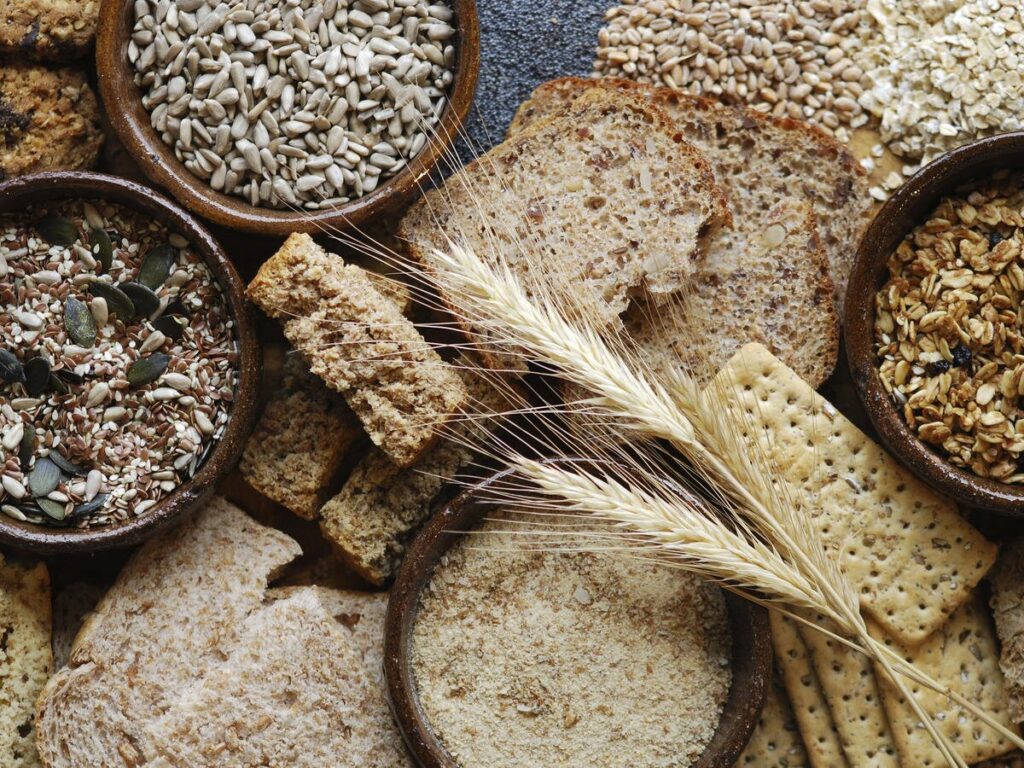New Arrivals
Number One Cause of Belly Fat.

According to Trista Best, MPH, RD, LD, a registered dietitian, the top cause of belly fat is the consumption of processed foods, particularly those that are marketed and sold for convenience, such as packaged chips, bread, and baked goods.
“We literally are what we eat, to an extent. The food and nutrients we take in become a part of us at a cellular level, and the wrong nutrients can cause gas, bloating, weight gain, and other negative outcomes if we aren’t following a balanced diet,” Best explains.

“One of the primary causes of belly fat is a diet based largely around processed convenience foods. These can be healthy processed foods or those that aren’t marketing themselves to be healthy in any way,” she adds. “The ultimate reason processed foods make losing belly fat difficult is that they are largely made of refined carbohydrates and sugar.”
The difference between “refined” and “whole” carbs
As Best points out, refined carbohydrates aren’t the same carbs you’ll find if you eat a piece of fruit, for example. While fruit carbohydrates (AKA “whole” carbs) are minimally processed and contain the fibre found naturally in the food, refined carbs have been processed more and have their natural fibre—a macronutrient that helps to slow digestion, among other things—removed or changed.
In other words, refined carbs tend to have little to no nutritional value and without fibre, protein, or healthy fats, they amount to empty calories that can often contribute to the creation and accumulation of belly fat.

For example, one recent study published in The Journal of Nutrition found that refined carbohydrate intake was closely linked to a greater waist circumference and belly fat accumulation. On the other hand, participants who consumed an average of three servings of whole grains a day and less refined grains overall had smaller waistlines, lower fasting glucose levels, lower blood pressure, and higher levels of “good” HDL cholesterol.
How refined carbs from processed foods cause belly fat
“Refined carbohydrates are processed quickly by the body and easily stored as fat. They provide a quick source of energy, but this energy comes in the form of a glucose spike and inevitable crash,” says Best, noting that this reaction can cause weight gain in two ways.
“First, the crash causes the individual to become hungry again soon after eating, regardless of how many calories were consumed,” she says.
“Second, it can lead to the body becoming more resistant to insulin, which can lead to higher glucose and weight gain as the body begins to store the excess glucose as fat,” she says.
Why belly fat is dangerous to your health
Appearances aside, the mere existence of excess belly fat has a negative impact on your overall health in a number of ways.
“Belly fat, also known as visceral fat, is a danger to health because it is carried at the front of the body where it creates a significant stress on the heart and other vital organs,” Best explains.

“This puts the individual at risk for heart disease and stroke, among other chronic conditions. If allowed to persist, it will form around organs and tissues which makes it difficult to lose, also increasing the risk of chronic disease.”
Takeaway
Processed foods high in refined carbs and low in any digestion-slowing nutrients are the number one contributor to belly fat, according to Best. If you’re looking to get rid of or prevent the accumulation of belly fat, consider cutting back on processed foods. A little meal prep of healthy snacks can help.
Reference: SAMANTHA LEFFLER, The #1 Cause of Belly Fat, Says Dietitian, SEPTEMBER 7, 2021.







